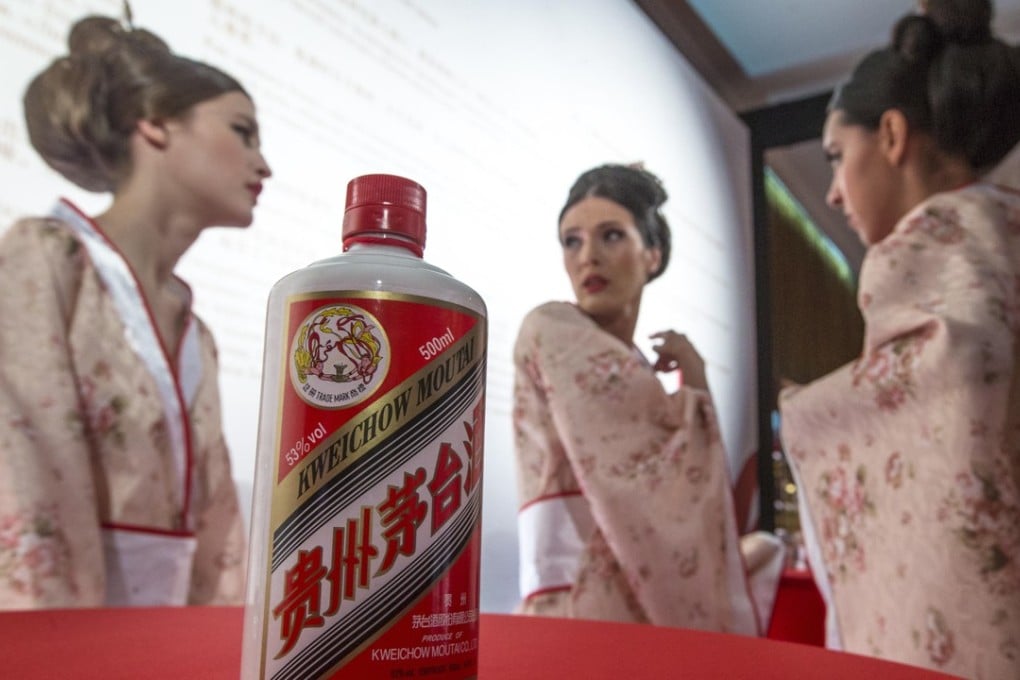Reflections | The 2,000 year history of China’s ‘national liquor’ Maotai: truthful tale or myth to help market it to the masses?
Produced in the town of Maotai, Kweichow Moutai is the best known brand of baijiu and one of the most valuable liquor companies in the world. But less is understood about the tipple’s ancient origins, which some claim can be traced back two millennia

As part of the ongoing effort to project Chinese culture, or “soft power”, abroad, a baijiu college has been established in Sichuan province, at a cost of 400 million yuan (US$58 million), with the goal of training sommeliers who specialise in the eponymous tipple. It is hoped that graduates from the college will help make the hitherto unfamiliar baijiu roll off people’s tongues, and down their throats, in the same way that gin, tequila, vodka, whisky and sake do.
The “national drink” of China, baijiu (literally “white liquor”) is distilled from grains such as sorghum, rice or wheat, which are fermented with jiuqu, a starter culture of different moulds, yeasts, and bacteria. Like whisky, wine or any other alcoholic spirit, the quality ranges from the cheap and very nasty to the sublime, although the ambrosia end of the spectrum comes with hefty price tags to match. Among the many varieties of baijiu, the most recognised is probably Kweichow Moutai’s Maotai, which comes in a distinctive red-and-white ceramic bottle.
Produced in the town of Maotai, in Guizhou, a backwater province that neighbours Sichuan, the liquor is said to exude a scent redolent of savoury sauces, a quality that is elusive to the untrained nose in much the same manner as alleged notes of licorice, berries and whatnot in an expensive Bordeaux are obscured to the ordinary wine drinker. Rather, Maotai’s lingering fragrance and complex mouthfeel have been described as harsh by the uninitiated.
Despite having a relatively high alcohol content of around 50%, connoisseurs of Maotai claim that it does not cause hangovers, an assertion that many would certainly dispute.
The recent history of Maotai is well documented. Several distilleries operated in the town from the 19th century to the early 1950s, when the state acquired and merged the three biggest. Today, Kweichow Moutai is a partially state-owned enterprise that is one of the most valuable liquor companies in the world.
But there are those who claim that Maotai can be traced back two millennia, to 135BC. In that year, Tang Meng, an emissary of the Western Han dynasty, visited Nanyue, an independent kingdom whose territory covered parts of present-day Guangdong, Guangxi, and northern Vietnam. There, Tang tasted something called jujiang, which locals said originated from the region of Shu (present-day Sichuan).

